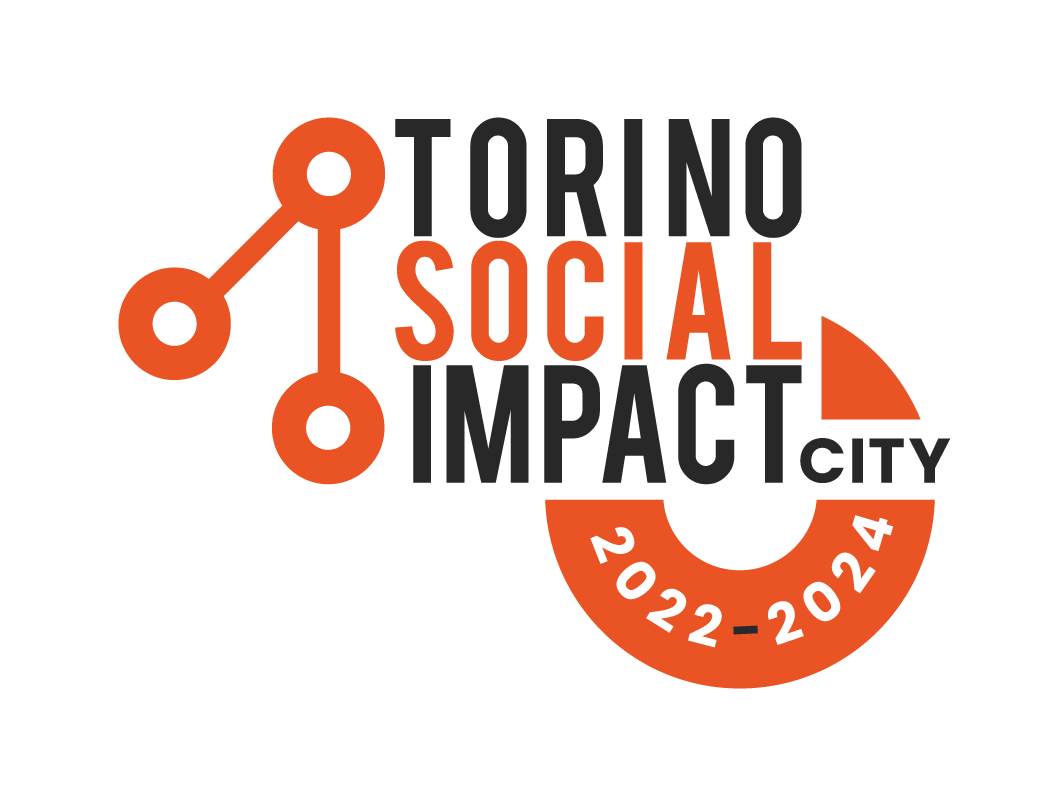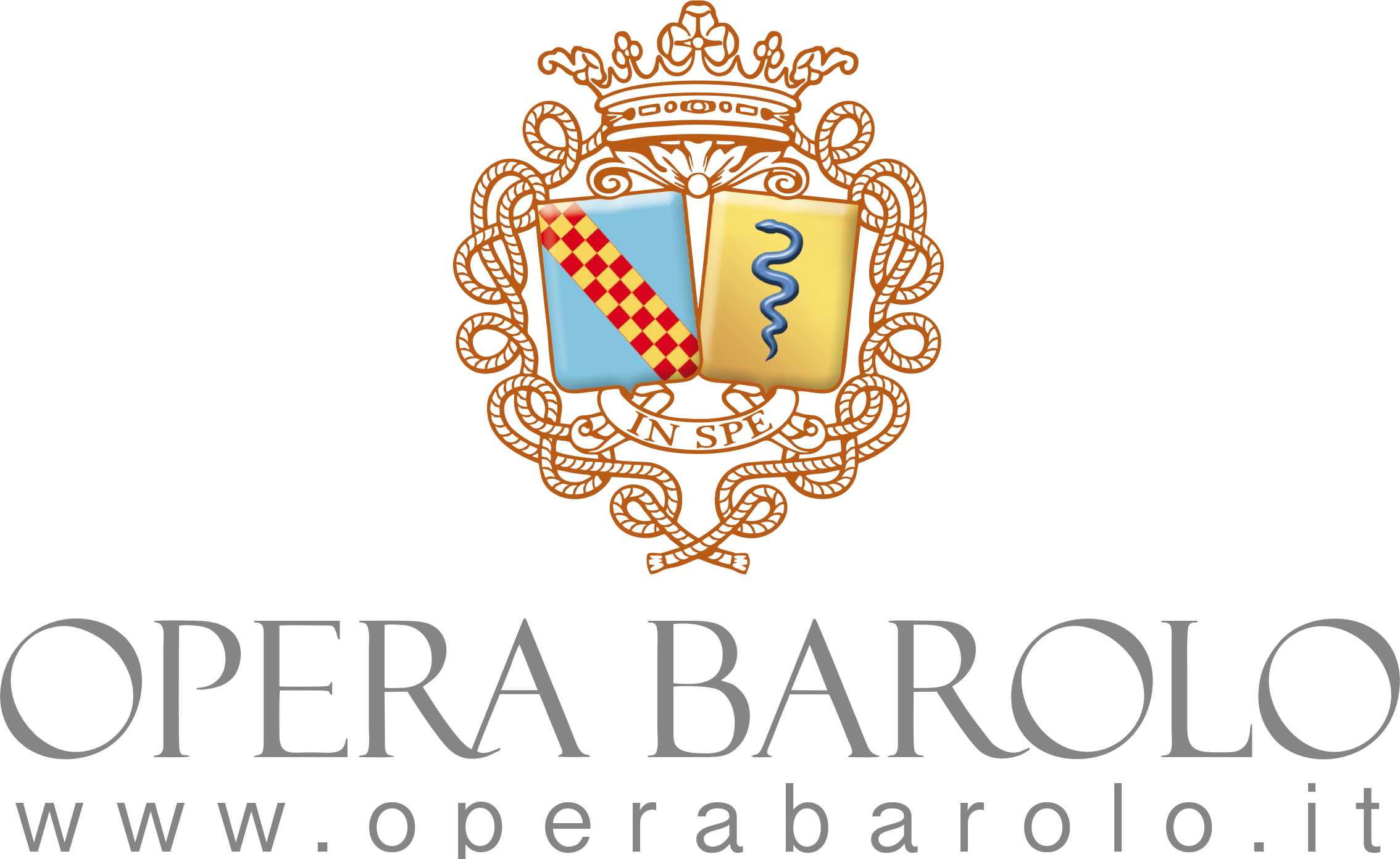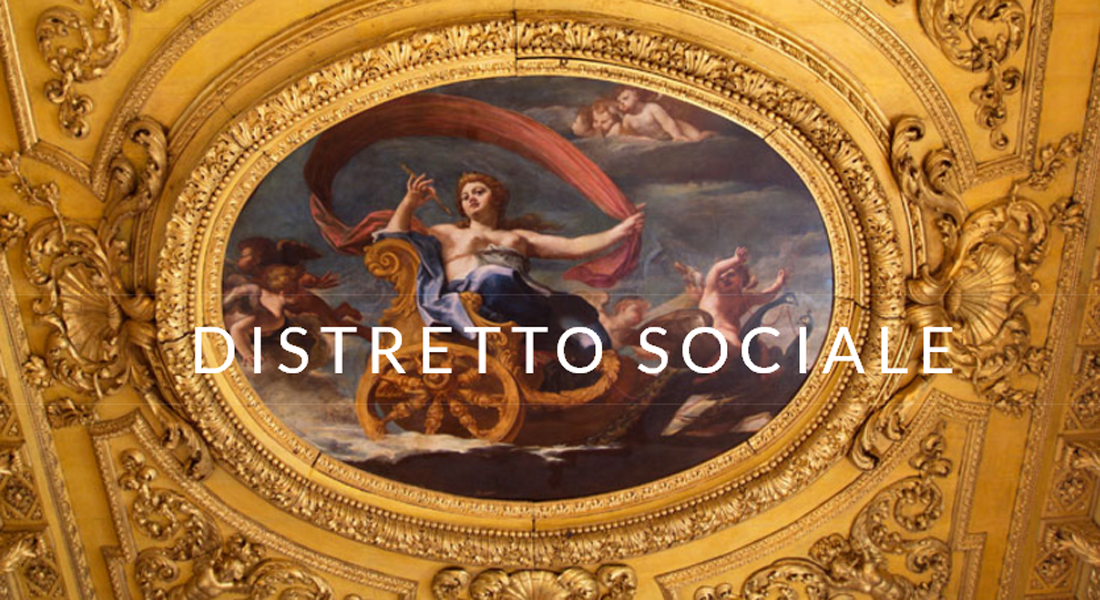Opera Barolo is a non-profit organization that has been active for 154 years for the social inclusion of the disadvantaged people.
Founded in 1864 according to the will left by Giulia Colbert, Marquise of Barolo, it has continued and developed the activities undertaken to build a better society. What was remarkable about this institution was that it connected assistance, education and culture.
The Marquis Colbert, born as niece of the Minister of Finance of Louis XIV, Roi Solei, was the last resident owner of the Barolo palace with her husband. Their cosmopolitan culture and international friendships fed their social innovator vision.
The palace became a space open to all citizens, especially the working class families. In 1830 here opened the first kindergarten for children of both genders. Giulia built a loft in this hall of honor for dormitories and laboratories, thus “bringing people closer to beauty, so they may recognize it in life”.
Giulia di Barolo was not “doing charity”- she developed a project combining people empowerment, education, economy, culture and management.
She carried out the first women prison reform referendum, involving the inmates, instructing them and giving them work, thus doing social inclusion. She experimented practices and proposed policies of subsidiarity to create capabilities for people and their context, increasing their dignity and opportunities.
The location of the greater part of the Opera Barolo’s activity system is the “Social District” in the Cottolengo Area: a vast complex created by the Marquis, that includes elementary school (the first of the Savoy Royal Kingdom), the first hospital for children with disabilities, a center for medical treatments for foreigners without access permit, a house for single mothers with their babies, a house for foreign children in care in the city hospitals, the center for migrants and other facilities.
So, we will be in a special place, with a special energy. A place in which we can find a vision, a strategy, a strong action to support the community through the human capital.




